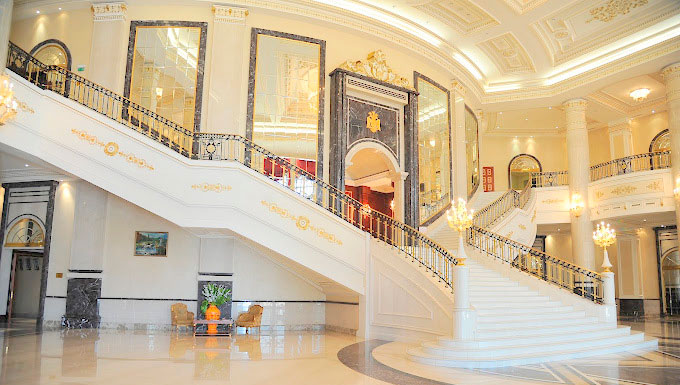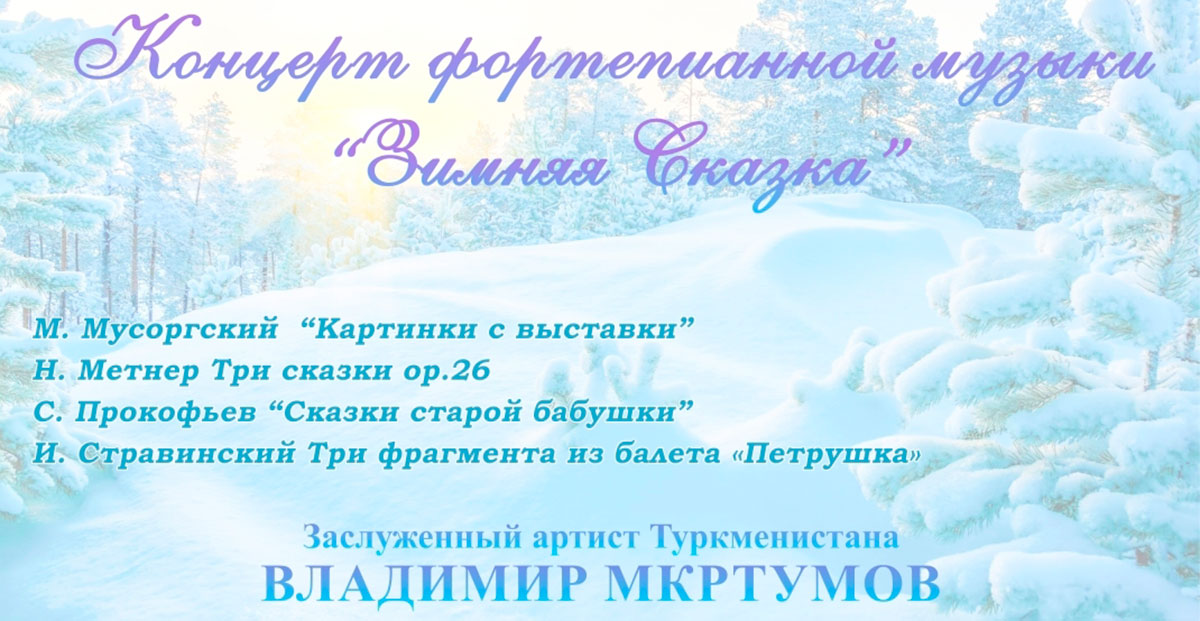In this year in a solemn atmosphere to commemorate the 300th anniversary of the birth of the classic of Turkmen literature and in his honor a new cultural-park complex of the capital.
It is symbolic that this large-scale object, except the majestic Magtymguly monument, includes the alley of famous poets and thinkers of various countries and eras, which emphasizes its importance in the context of friendship between peoples and unity of the cultural heritage of humanity.
There are 24 monuments installed on the territory of the park complex world-famous writers and poets from around the world. The editors of the "Golden Age" considered it correct, according to opportunities, to introduce the reader, especially children and adolescence, with the life and work of outstanding personalities whose monuments adorn Magtymguly Alley. This it is also important because some of the geniuses presented here of our time, visited Turkmenistan. "GA", publishing information about them does not in any way pretend to be complete coverage materials about this or that person, especially since about many of which after a large amount of time has passed, not much information has survived.
Our short story today about the Chinese classics literature of Du Fu.
Du Fu is one of China's greatest poets and an outstanding luminary. classic from the Tang Dynasty. Middle name Zimei. Du Fu left huge poetic heritage - about 1400 poems, from quatrains to poems, varied in style and content. The Tang Empire gave the world a whole galaxy of poets and became a kind of “golden age” of Chinese literature. In 1708 Emperor Kangxi ordered the release of the Complete Poems Tang era." The multi-volume work contained almost fifty thousand poems, however, among more than two thousand poets of that era, possessing varying degrees of talent, Du Fu and his friend Li Bo.
The time of Du Fu's life and work is known as the period The Renaissance of Chinese Literature. A significant part of what known about Du Fu's life, obtained from his poems. Coming from of an old official family, in which, despite the stormy historical changes moral values were preserved and multiplied, which instilled in Du Fu an optimistic belief in the constant triumph of spiritual principles.
In his youth, he traveled a lot to different places in China. Du Fu was close to the emperor and even served as his advisor. Two trips to different parts of the country in the period from 731 to 741 enriched life experience and strengthened the sense of national pride. Subsequently, Du Fu was tied up with a long and warm friendship with Li Bo. They are often mentioned side by side as two of the greatest geniuses of all Chinese poetry.
In 746, Du Fu settled in the capital Chang'an and tried enter the service. Then severe trials enriched patriotic feelings brought the poet closer to the common people. The poems of that time amaze with their deep truthfulness and humanity, insight and emotion, strength and the effectiveness of images. Poetry is imbued with sadness for the ruined cities and villages, hatred of the enemy, grief of defeat and the joy of victory.
The poet always wished a better, happy life for his compatriots, dreamed of peace, of creative work Poetic images truthful, vital, inventive. Love for native land manifested itself in the art of recreating the beauty of nature in different regions of China. Du Fu spent his last years wandering, hard was ill, wrote about old age, but continued to respond to social problems.
In 765, the poet and his family moved to the southern regions, to the lower reaches Yangtze. He died during his next trip to the Yangtze.
A crater on Mercury is named after Du Fu.








